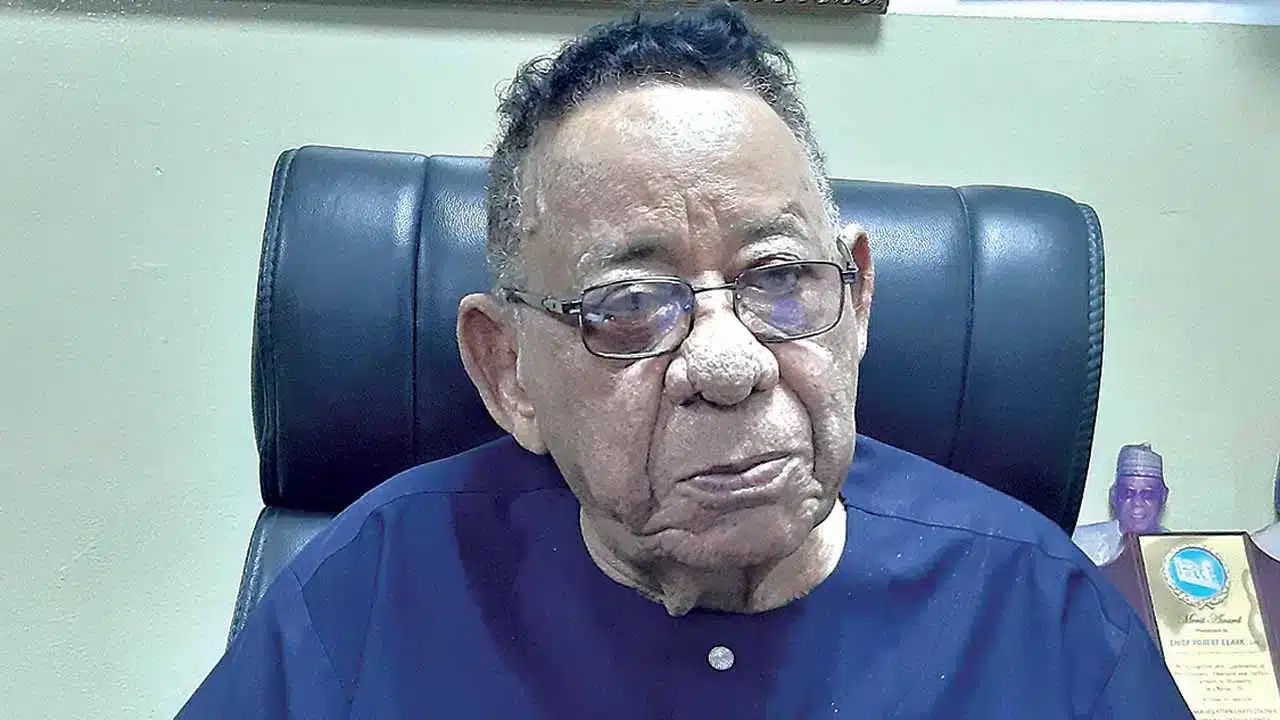Nigeria News
There Is No Constitutional Provision Stopping Tinubu From Swearing-in Kekere-Ekun As CJN – Robert Clarke

A Senior Advocate Of Nigeria (SAN), Robert Clarke, has said that President Bola Ahmed Tinubu has every right to swear in Justice Kudirat Kekere-Ekun as the acting Chief Justice of Nigeria (CJN) without being screened by the Senate.
The elder statesman argued that Tinubu has not gone against the constitution in any way, adding that it is the president’s duty to appoint a new CJN.
Clarke stated this in an interview with Arise TV on Saturday.
He also praised Kekere-Ekun’s character, saying that he has, in his 50 years in the judiciary, not seen any character like hers, and that she will bring reforms to the Supreme Court.
Addressing the controversies surrounding Kekere-Ekun’s swearing in as acting CJN by the President, Clarke said, “What you are suggesting now is that what people are saying- that they should have asked her to wait until the Supreme Court confirms before she was being administered under oath to take over the post. If that did not happen, she will still be the acting as the most senior judge on the bench. She will still be acting as the acting Chief Justice of the Federation. All these are semantics as far as I’m concerned.
“There is no impediment of any constitutional provisions that says a CJ cannot be sworn in by the president. After all, the president is the appointing- under the constitution, the president is the appointing officer.
“The Senate is only to confirm or reject, and if they reject, it will still take another term, she will be brought back. So, I don’t see any fundamental infringement of the constitution.”
He further explained, “The constitution did not say the period of time the Senate President will confirm what had been done by the President. So, if the President appoints, who has the right under the law to do so, the confirmation can come two months, three months [later]. So, there’s nothing wrong in that, it has nothing to do with the appointment. If the Senate is not ready to confirm, then it will give reasons, and those reasons will be looked into. But its duty is only to confirm. So, that’s why I said it’s semantics, it doesn’t touch any legality or illegality.”












